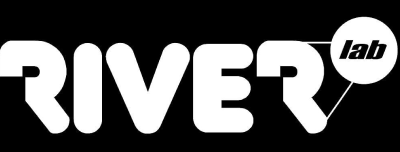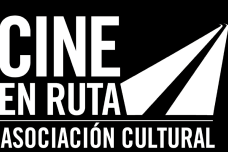
Ici et ailleurs (Here and Elsewhere)
France / 1976 / 53'
Plot
Here, a middle-class French family watching TV; elsewhere, Palestinian combatants filmed going about their everyday life, training and death. Godard and Miéville question the very nature of film and shun the “theatre” of the image, the flow of images that don’t add together but cancel each other out and are forgotten, the noise that seeks to smother the silence, the silence that masks death
Full Cast and Crew
Director:
Anne-Marie Miéville
Jean-Luc Godard
Jean-Pierre Gorin
Guion:
Anne-Marie Miéville
Jean-Luc Godard
Jean-Pierre Gorin
Producer:
Anne-Marie Miéville
Jean-Luc Godard
Jean-Pierre Gorin
Production:
Sonimage
Gaumont
Film Editing:
Anne-Marie Miéville
Cinematography:
William Lubtchansky
Music:
Jean Schwarz
Póster Oficial

Screenings
| 23/11/2024 | 21:00h | DORÉ | 3€ |
Director

Anne-Marie Miéville
Anne-Marie Miéville (Lausanne, 1945) is a photographer, film director, actress and screenwriter. In 1970 she joined the Dziga Vertov Group as a photographer and began a prolific professional collaboration with Jean-Luc Godard. Together they produced numerous films and television programmes, analysing social and couple relationships as well as the mass media.
Since 1983, Miéville has been writing and directing his own films, five short films and four feature films, through which he establishes a very particular research on the articulation of narrative, both in terms of form and content, questioning love, time and the meaning of things.
In 1983, he made the short film How can I love and the following year Le Livre de Marie, an inseparable counterpoint to Godard's Je vous salue Marie. Her first feature film, Mon cher sujet, selected for the Cannes Critics' Week, is an ambitious reflection on three generations of women. It was followed by Lou n'a pas dit no (1994), Nous sommes tous encore ici (1997) and Après la réconciliation (2000).
In 2002 he wrote Images en paroles, short texts published by Editions Léo Scheer, which the publisher describes as ‘a series of still images, short films of writing’. Strictly speaking, they are not short stories, but unspeakable moments, fleeting scents...’.
With his solo films, which explore couple and family relationships, ageing and sexual difference, (mis)communication and loneliness, he has built a distinctive oeuvre marked by an absolutely original style of acting direction and the integration of texts and musical passages. Far from naturalism, the peculiarity of his cinema lies precisely in the search for original patterns and new points of view, transforming narrative form into a mode of philosophical and artistic enquiry, placing intimate dialogue at the centre of his films.
Together with Godard, he has produced an extraordinary body of work that embraces new technologies while critically reasoning about them. Through the
experimental audiovisual laboratory Sonimage, he invented alternative ways of
of thought through the organisation of images and sounds, reflecting on the mass communication society.

Jean-Luc Godard

Jean-Pierre Gorin
Jean-Pierre Gorin, a French filmmaker born in Paris, is a rara avis in cinema. A disciple of Louis Althusser, Michel Foucault, and Jacques Lacan, Gorin was deeply embedded in the intellectual and political movements of the radical left from a young age. In 1968, he co-founded the Dziga Vertov Group with Jean-Luc Godard, embarking on a radical experiment in militant cinema that produced landmark works like Tout va bien and Letter to Jane (both 1972). After the group dissolved, Gorin left France to work at the University of California, where he delved into essay cinema, creating acclaimed films such as Poto and Cabengo (1980) and Routine Pleasures (1986).





















